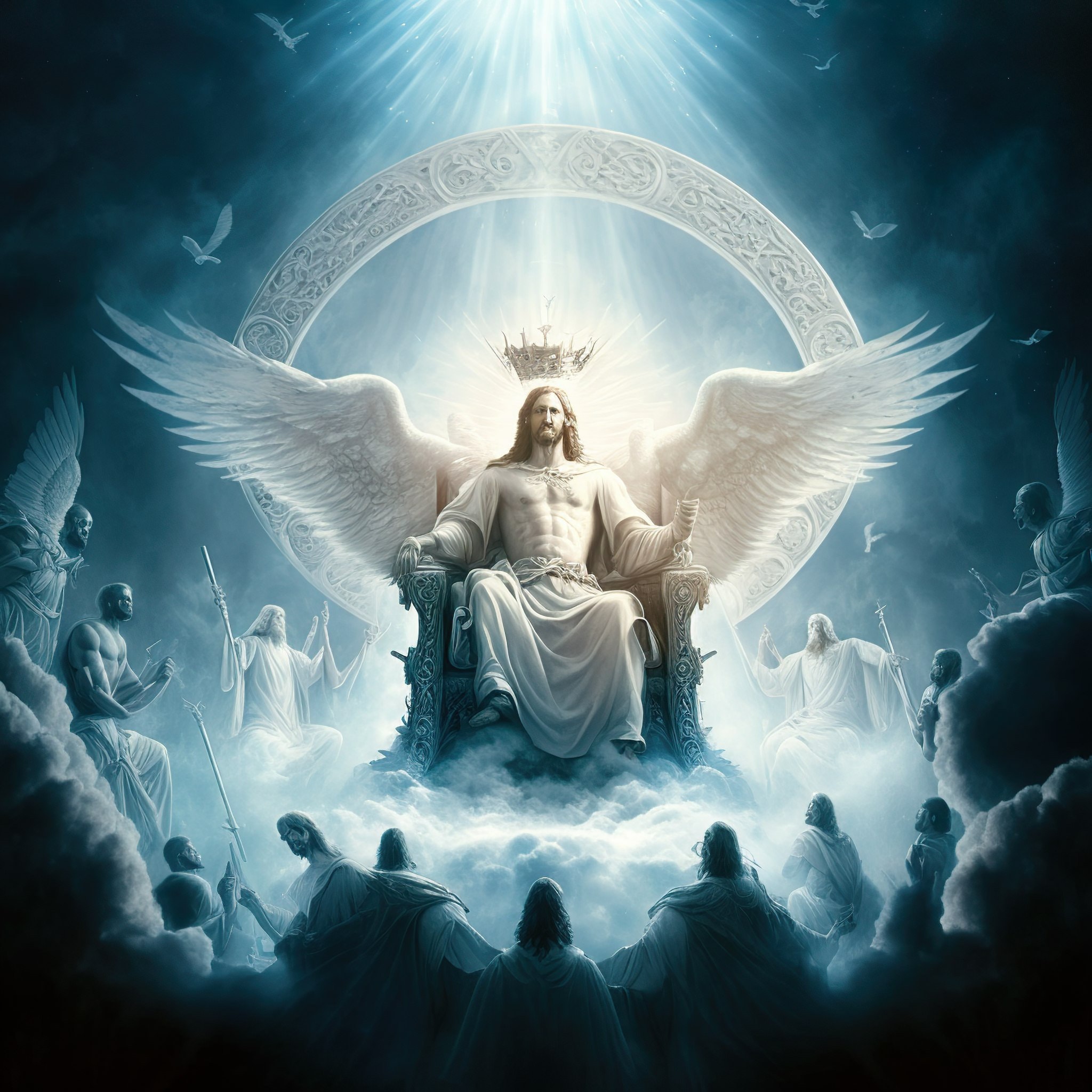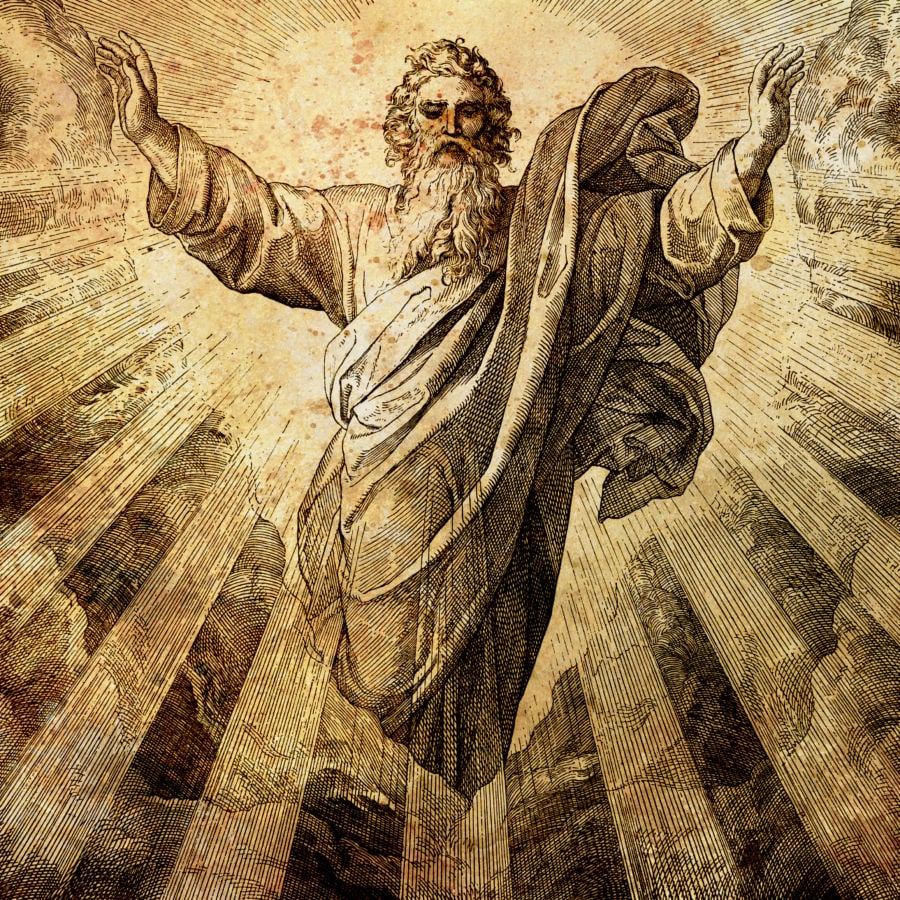The Ultimate Aspiration: Unpacking "God, I Wish That Were Me"
In the vast tapestry of human emotion, few phrases encapsulate a deep-seated longing quite like "God, I wish that were me." It's a sentiment often uttered in moments of awe, envy, or profound desire, pointing towards an ideal state that seems just out of reach. Whether we see someone achieving incredible success, experiencing profound peace, or simply possessing an attribute we admire, this phrase springs forth, a testament to our inherent drive for something more, something better, something seemingly divine.
But what exactly are we wishing for when we say this? Is it to possess the attributes of God Himself – omnipotence, omniscience, omnipresence? Or is it to be in a state of ultimate blessing and favor, touched by divine grace in a way that transcends human struggles? Let's delve into the multifaceted layers of this powerful expression, exploring both the allure of divine attributes and the profound desire for divine favor, as illuminated by ancient texts and human experience.
The Allure of Divine Attributes: When "That" Means God Himself
At its core, wishing to be 'that' when 'that' refers to God can stem from a yearning for ultimate control, perfect existence, and freedom from the limitations that define our human condition. The concept of God, in many traditions, represents the pinnacle of being.
The Uncreated Existence
One of the most profound aspects of God is His uncreated nature. We ponder, "Where did God come from? Was He brought into existence by something?" The very notion of an entity that simply is, without beginning or end, is deeply compelling. As the Bible reveals, "There is nothing in the Bible that says God the Father is a created being or that He made." This eternal, self-existent nature is perhaps the ultimate freedom – freedom from the constraints of time, causality, and the vulnerability of being brought into existence by another. To wish for this would be to desire an existence utterly unburdened, self-sufficient, and limitless.
Beyond Human Form and Limitations
Our human experience is defined by our physical bodies – their strengths, their weaknesses, their eventual decay. We often wonder, "What does God look like? Does He have arms, legs, eyes and so on just like us?" The Bible reveals that "Since both the Father and Jesus Christ are part of the Godhead, what the Bible reveals about what God looks" is often beyond simple human form, though He can manifest physically. Jesus, as part of the Godhead, took on human form, but the Father is often described in terms of light, spirit, and glory, transcending physical boundaries. To wish to be God in this sense is to long for an existence free from physical pain, illness, aging, and death – an existence that is pure, perfect, and unconstrained by the material world.
The Weight of Judgment and Justice
Another powerful attribute of God is His role as judge. "Most of the examples of God executing His judgment occur in the Old Testament," often involving severe consequences. This is hardly surprising, given its regular references to blood being shed, either by animals (through sacrifice) or as a result of divine decree. While the power to enact perfect justice and maintain order is undeniably appealing, it also carries an immense weight of responsibility. To be the ultimate arbiter of right and wrong, to hold the fate of creation in one's hands, is a burden that few could truly bear. The desire here might be for absolute moral clarity and the power to rectify all wrongs, a wish for a world where justice is swift and unwavering.
The Blessing of Divine Favor: When "That" Means Someone Touched by God
More often, perhaps, "God, I wish that were me" isn't about desiring to be God, but rather to be in a position of extraordinary favor, blessed and protected by Him. This longing stems from our human vulnerability and our desire for peace, security, and purpose.
Seeking Relief from the Curse
Life, for many, is a continuous struggle against hardship and suffering. We yearn for relief. Consider the story of Noah: "The Bible reveals that Noah's name means relief or comfort from all the hard work man has had to endure since the curse (Genesis 5:29)." This curse, referred to, goes all the way back to the fall of humanity. To wish for Noah's experience is to desire a profound escape from the burdens of a fallen world, a divine intervention that brings comfort and a fresh start, even amidst global upheaval. It's a wish for an end to the ceaseless toil and the promise of a renewed existence.
The Promise of Protection and Prosperity
The human desire for security, family, and a prosperous future is universal. God's relationship with Abram (later Abraham) beautifully illustrates this: "God's relationship with Abram is so close that He promises to personally curse those who reject him or want to do him harm." Furthermore, God declares, "And I will make of you a great nation, and I will bless you and..." This covenant highlights a deep longing for divine protection, an assurance that one's lineage will thrive, and that blessings will flow. When we see someone seemingly walking under such a divine umbrella, achieving great things with apparent ease, we might utter, "God, I wish that were me." This divine favor is further underscored when "God, a short time later, decides to visit Abraham in the form of a physical manifestation of Jesus Christ accompanied by two angels (Genesis 18). The Lord reiterates His promise of a son and..." – a direct, personal confirmation of blessing and promise fulfillment.
The Clarity of Divine Communication
In a world full of noise, uncertainty, and conflicting messages, the human heart often yearns for clear guidance. "God uses a variety of ways to communicate with humans such as through visions, signs and wonders, angels, shadows and patterns, and many others." One of the most common means is through His Word. To wish for such direct, undeniable communication is to desire clarity of purpose, unwavering direction, and answers to life's most perplexing questions. Imagine having a direct line to divine wisdom, understanding your path with absolute certainty – a truly enviable state for many.
The Reality Check: Why We Are Not "That" (And Why That's Okay)
While the longing encapsulated by "God, I wish that were me" is powerful and understandable, it's crucial to acknowledge the profound implications of such a wish. To truly be God would entail infinite responsibility, bearing the weight of all creation, and perhaps an isolation that transcends human comprehension. The divine essence, including aspects like "the 7 spirits of God mentioned only four times, all of which occur in the Book of Revelation (Revelation 1:4, 3:1, 4:5, 5:6)," speaks to a complexity and majesty far beyond human grasp or capacity.
On the other hand, wishing for divine favor, while more attainable in spirit, reminds us that our human journey, with all its struggles and limitations, holds its own unique value. It is through these very challenges that we grow, learn resilience, develop empathy, and forge deep connections with others. Our humanity, with its imperfections, is the canvas upon which our unique stories are painted. Instead of solely wishing to be 'that,' perhaps the true aspiration lies in striving to embody the virtues we admire, to seek wisdom and guidance, and to find peace and purpose within the context of our own lives.
Ultimately, the phrase "God, I wish that were me" is a powerful reflection of our deepest desires for perfection, peace, and purpose. It highlights our yearning for an existence free from suffering, blessed with divine favor, and guided by ultimate wisdom. While we may never literally become 'that' in the divine sense, understanding this longing can inspire us to pursue personal growth, cultivate gratitude for our own unique journey, and strive to create a life that reflects the values we admire in the divine and in those touched by grace.

Zeus Greek God Digital Art Printable Art Instant Download - Etsy

God Jesus Christ With Angels Canvas Wall Print Art Angels - Etsy

What Makes God “God”? (a.k.a God’s most important attribute) | Catholic